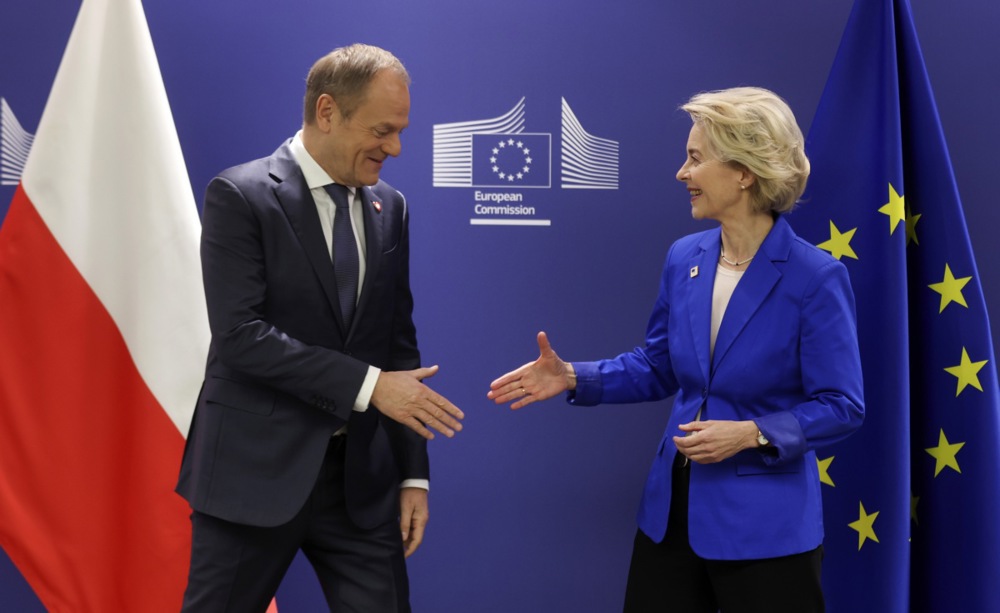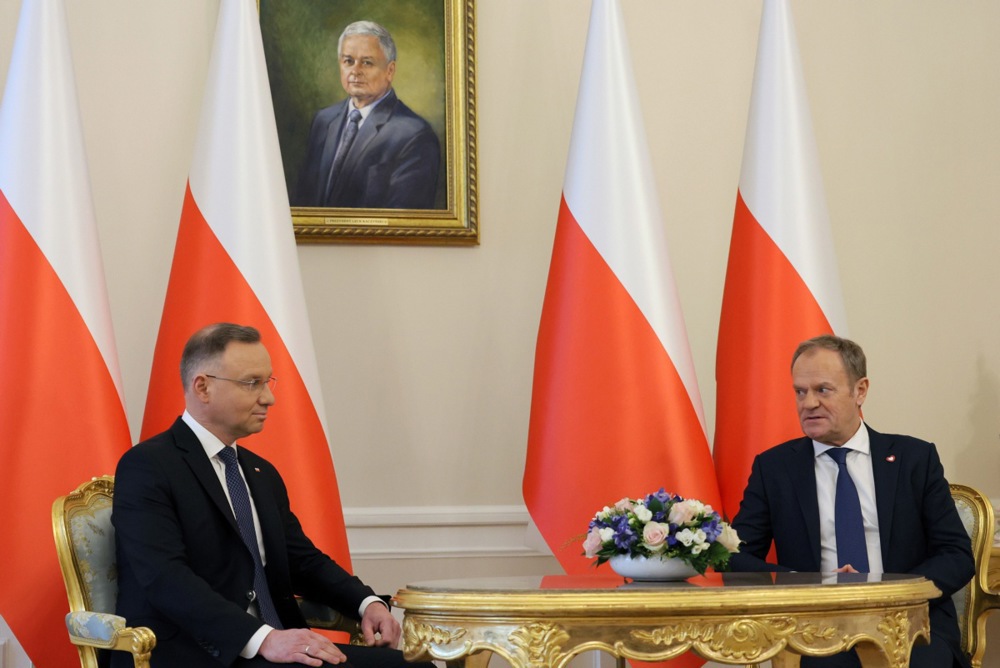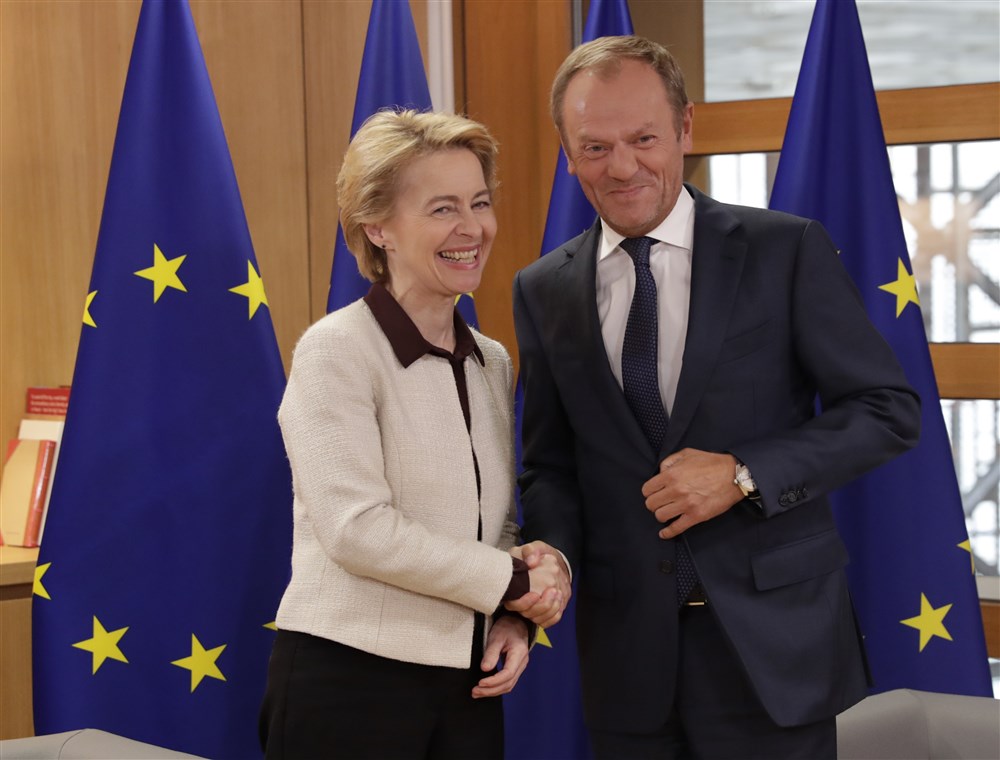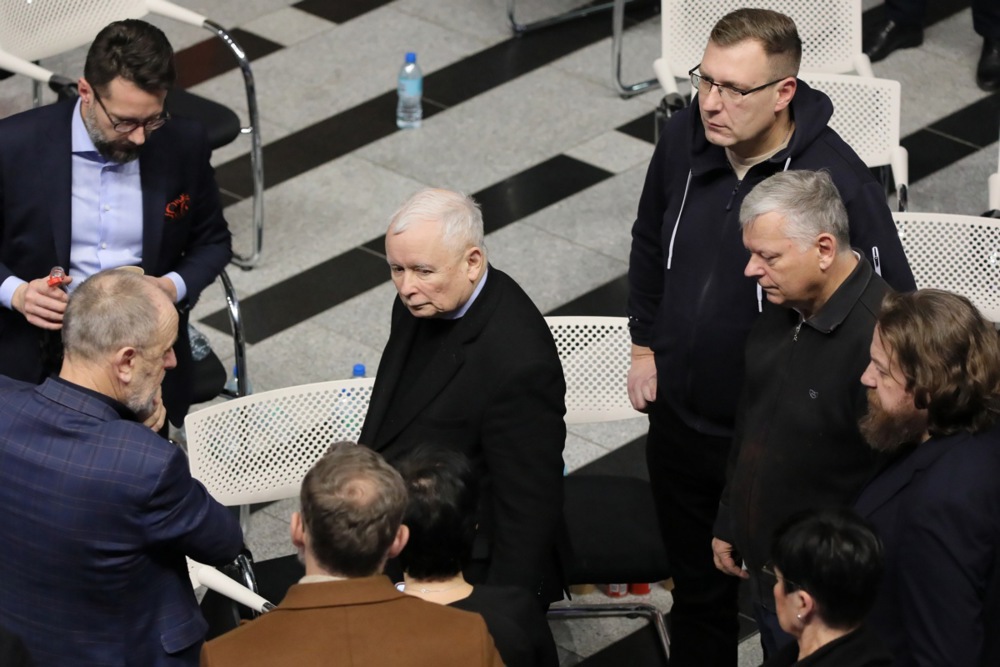European Commissioner Didier Reynders has visited Warsaw as the EC once again eyes Poland’s rule-of-law dispute.
This time around, it is backing a Polish Government accused by the opposition of violations of the relevant legislations.
The visit by Reynders on January 19 came in the aftermath of what are seen as signs that the EC is beginning to get restless over the Tusk Government seemingly being mired in domestic controversy and not making concrete legislative proposals to tackle the situation.
The previous Conservative (PiS) government was chastised by European Union institutions and the then Liberal opposition, which organised mass protests over the removal of judges from their posts.
It also highlighted what it claimed was the “politicisation’ of the judiciary and public media, which was eventually sanctioned by the EC through the withholding of post-COVID pandemic and EU cohesion funds.
Today, it is PiS protesting against the Liberal ruling coalition Government led by Donald Tusk over what it says is its taking over of the public media, the “disrespecting” of the President Andrzej Duda’s Constitutional rights and “disregarding” court judgments the Government “disagrees” with.
After his meetings with justice minister Adam Bodnar, Reynders said the EU “can see that the new Polish Government is determined to restore the rule of law in Poland” and that “this is a change that is warmly welcomed”.
He said it indicated the Government was committed to EU values – which “is what makes us Europeans”.
Reynders praised the new Government’s decision to seek reform of the National Judicial Council by restoring its election by judges rather than by Parliament.
Alongside that, he applauded plans to “de-politicise” the Constitutional Tribunal, or court, and expressed support for Poland’s decision to join the European Prosecution Service.
Reynders also made clear that Poland still had “much to do” if it wants to unlock EU funds frozen by Brussels over the rule-of-law concerns under the PiS government.
“I hope that we will soon be able to present a positive assessment of the first payment application and I look forward to continuing talks in this context,” he said.
Recognising that any legislation involving judicial reform would have to be approved by Duda, Reynders appealed to the Head of State to back Tusk’s suggestions so funds can be released.
Duda has said he is willing to back reform measures as long as they do not encroach on his Constitutional rights to appoint judges and do not jeopardise the appointments he has already made.
During a recent meeting with the EC Vice-President Vera Jourova, Duda said he was surprised at what he called the EC’s “double standards” regarding rule-of-law issues in Poland.
In doing so, he cited the different reactions to disputes over the past few years involving the then-PiS government and the recent “lack of reaction” to what he said was the takeover of public media, and the arrest of two MPs he had pardoned.
The UK’s Financial Times (FT) reported on January 19 that, should Duda oppose the Tusk Government’s proposals, Brussels and Warsaw were working on an alternative way to fully unfreeze the €35.4 billion of post-pandemic funds and €76.5 billion in “cohesion” funds.
That would, in part, be by delinking these allocations from the milestones earlier set by the EC and agreed by the previous government, the FT reported.
Reynders would not be drawn on the controversy surrounding the new Government’s apparent takeover of public media, which has seen courts refusing to register newly installed management.
Neither would he comment on Culture Minister Bartłomiej Sienkiewicz’s push for liquidation of public TV, radio and press agencies to ensure the new managers could continue the process of clearing the public media of the previous government’s appointees.
Poland’s Constitutional Tribunal has ruled against the Government on its media actions but the Tusk-led authority does not recognise its ruling, claiming the court is not “legitimately constituted” and citing what it claimed are EU court rulings to that effect.
When asked about the new Government’s avoidance of making any legislative moves on public media – unlike the previous government, which altered boards of such by passing laws – Reynders simply said: “We are monitoring the situation very closely,” adding that the EC wanted “ to see a normal legislative process”.





